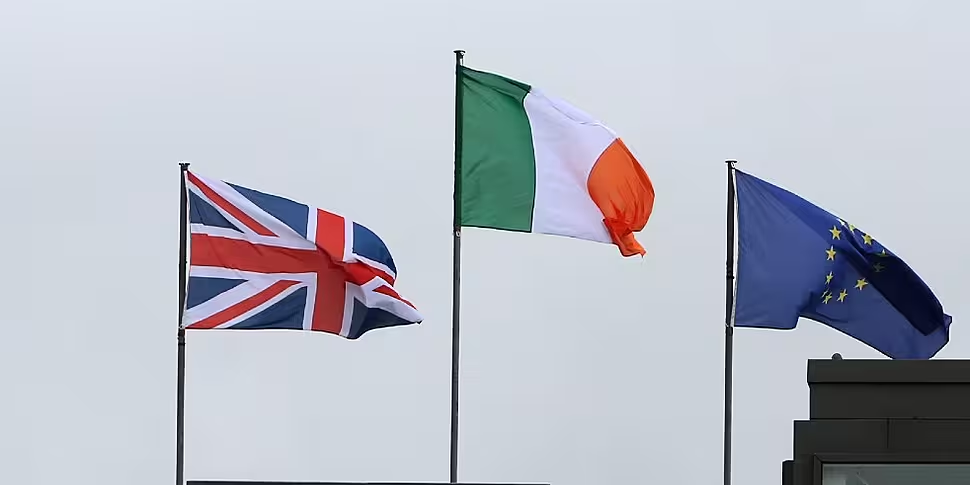67% of people in the Republic are in favour of a united Ireland, a new poll has found.
However, it suggests more people in the North want to stay in the UK than leave - with just 35% backing a merger with the 26 counties, compared to 43% against.
The Irish Independent/Kantar poll of 2,250 people across the island shows only one in five voters across the 32 counties on the island would be prepared to pay more tax to fund a united Ireland.
In the Republic, only 22% of people said they'd be happy to pay more tax - compared to 54% who wouldn't.
In Northern Ireland, meanwhile, 63% said they wouldn't pay a higher tax.
The poll has been conducted and published to mark the centenary of the partition of North and South.
Speaking on Newstalk Breakfast with Susan Keogh, Fionnan Sheahan of the Irish Independent said more younger people in the Republic support unification.
He explained: "[Support] is less strong amongst older people.
"While three-quarters of 25-34 years are in favour of it, on the flip sides over-65s tend to be the opposite.
"You're seeing a younger dynamic in play in there."
He suggested there are now three distinct camps in the North - including a cohort of around one-in-five people who don't know whether or not they support a united Ireland.
He explained: "When you dig down into who exactly are these people, they tend to be people who don't align themselves along those traditional identifiers of unionist or nationalist, or loyalist or republican.
"They just see themselves as being from Northern Ireland, and aren't really persuaded in either direction."
The poll also looks at what preference people would have for the flag of a united Ireland.
People in the Republic are evenly split about whether a new flag would be needed or whether the tricolour would suffice.
However, North of the border almost half say you'd need a new flag, with only around 15% saying the tricolour would be appropriate.
A separate poll conducted earlier this year showed a majority of people in Northern Ireland support a border poll in the next five years.









